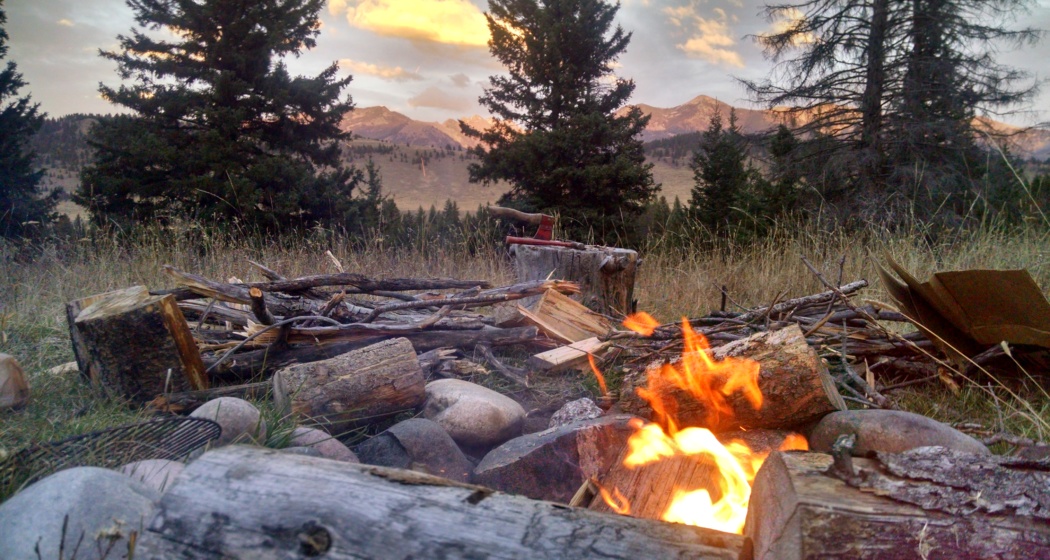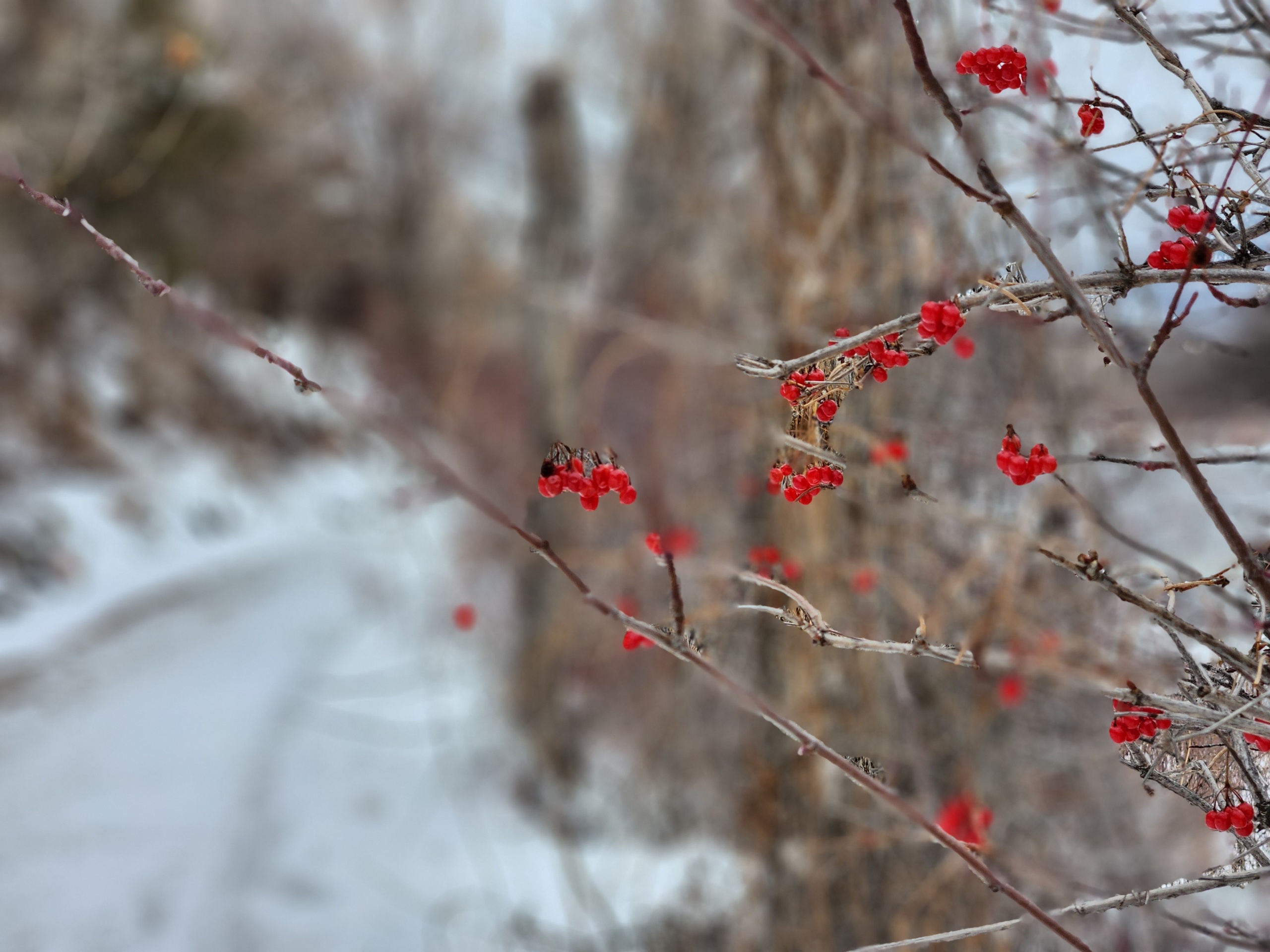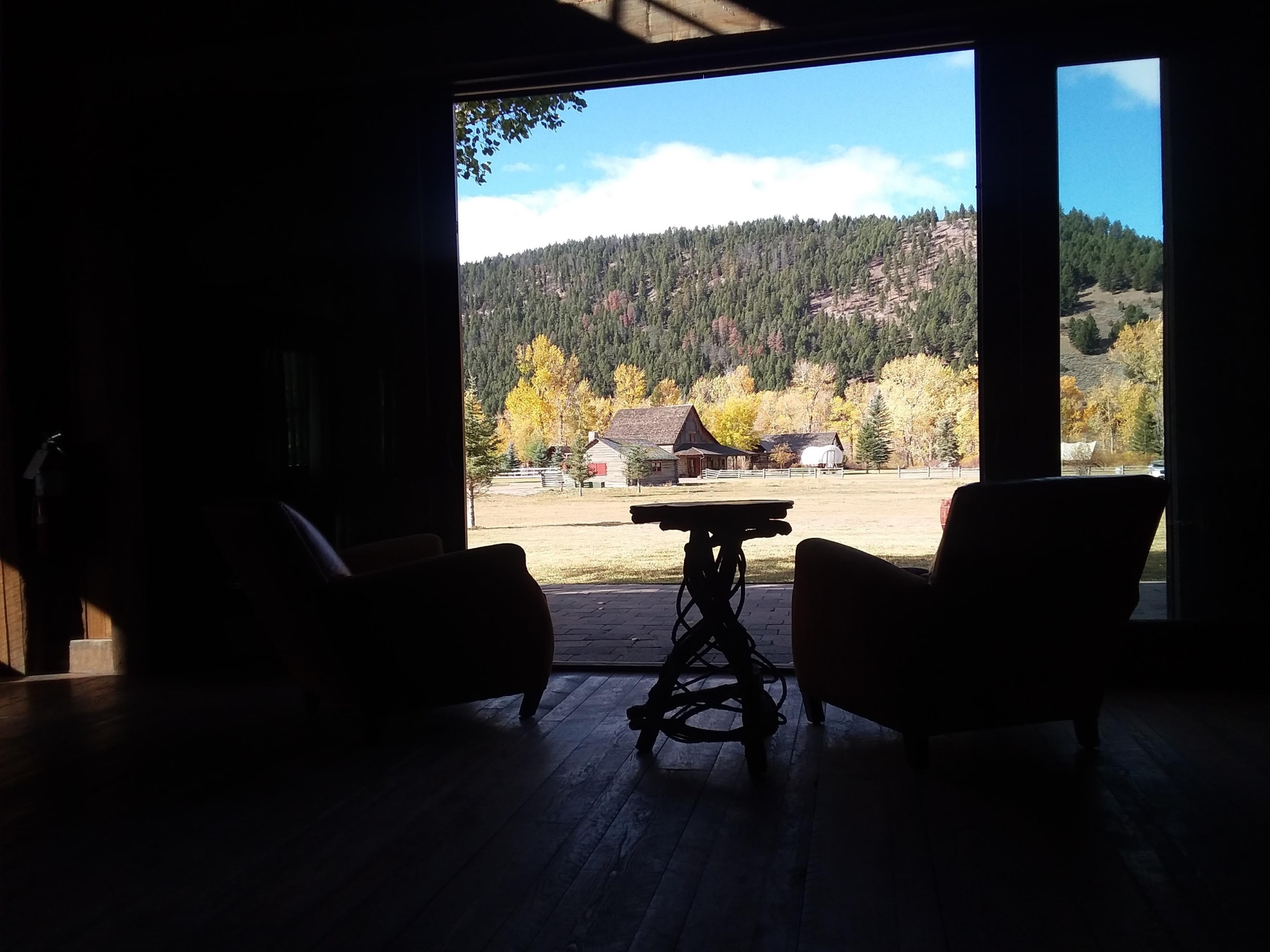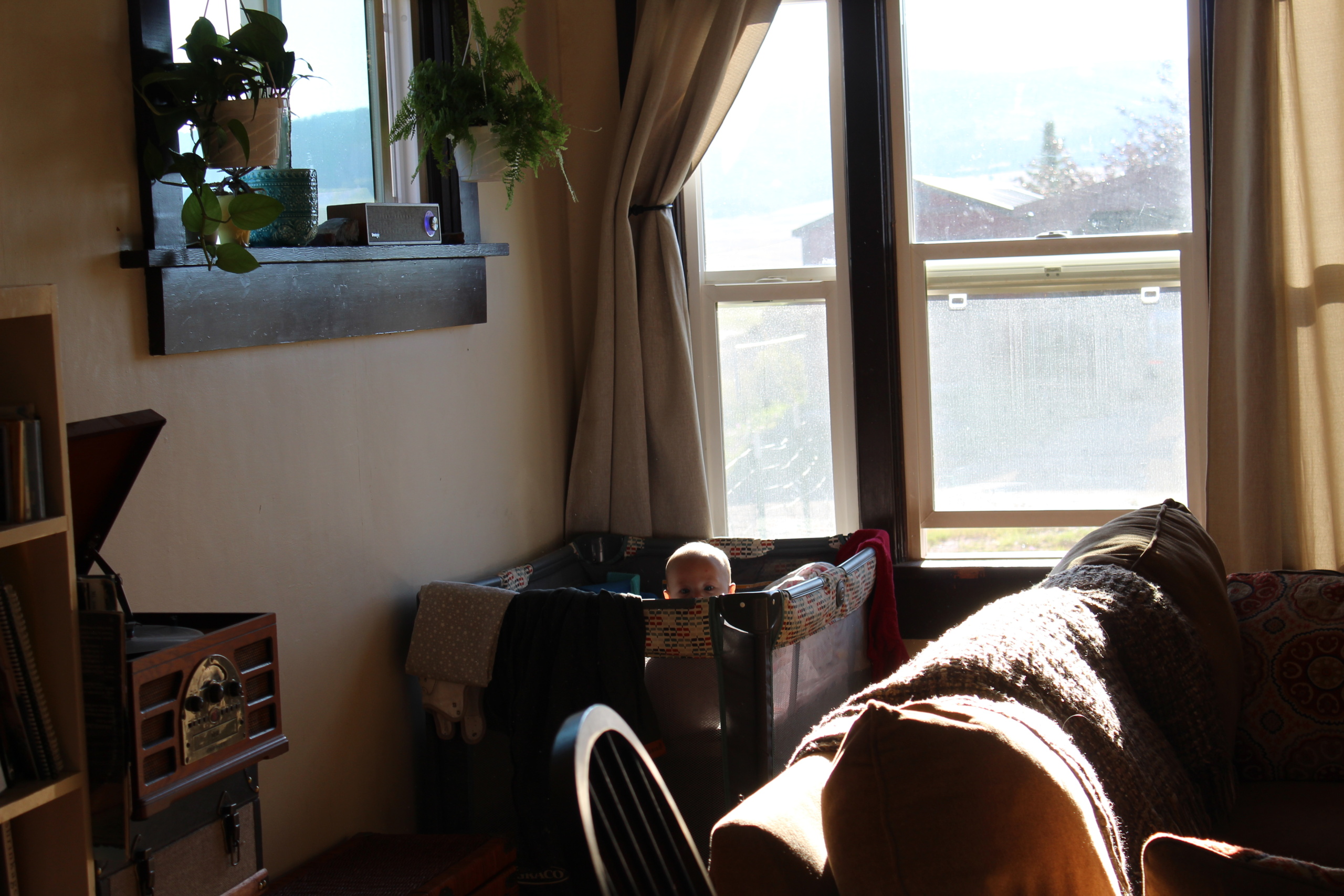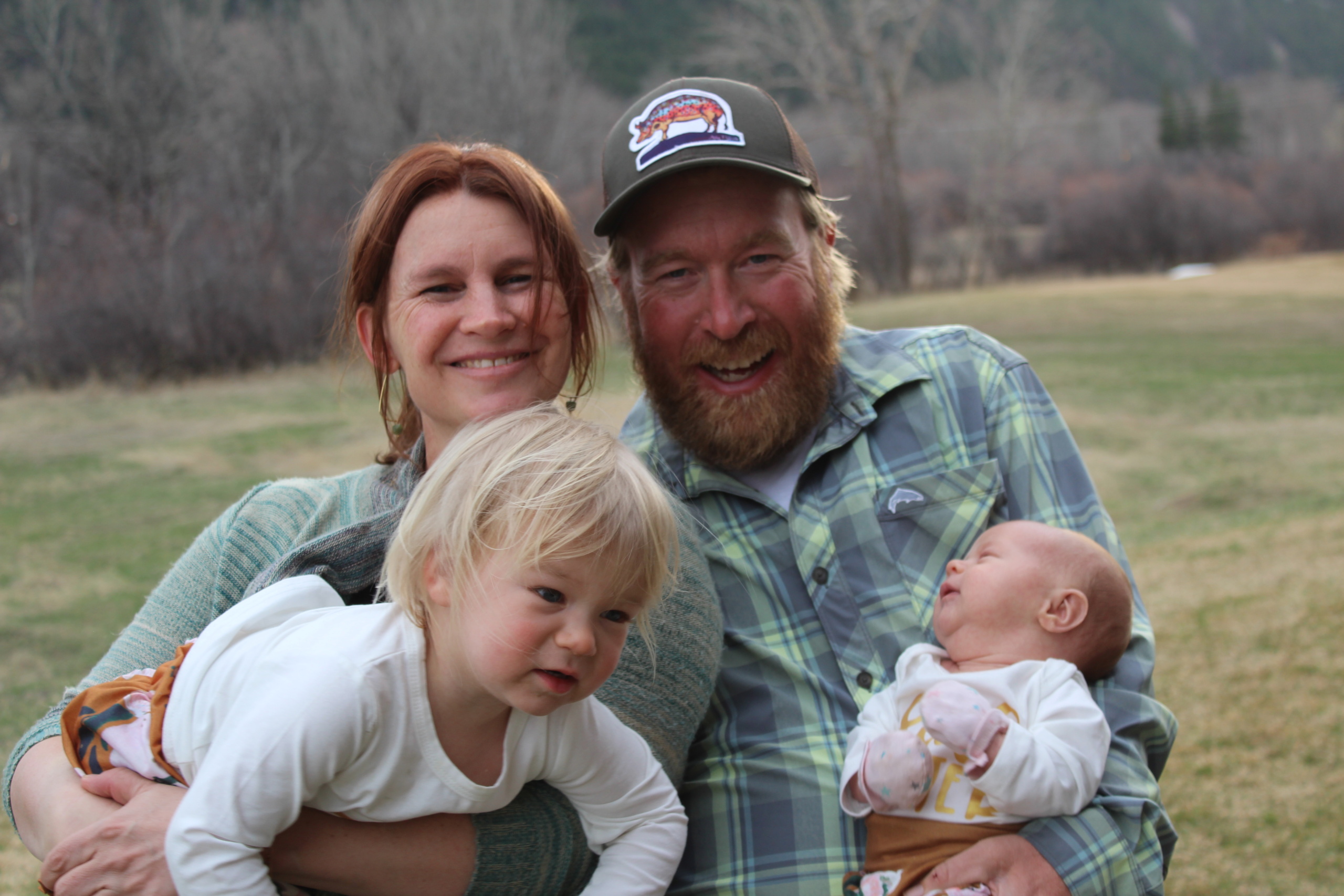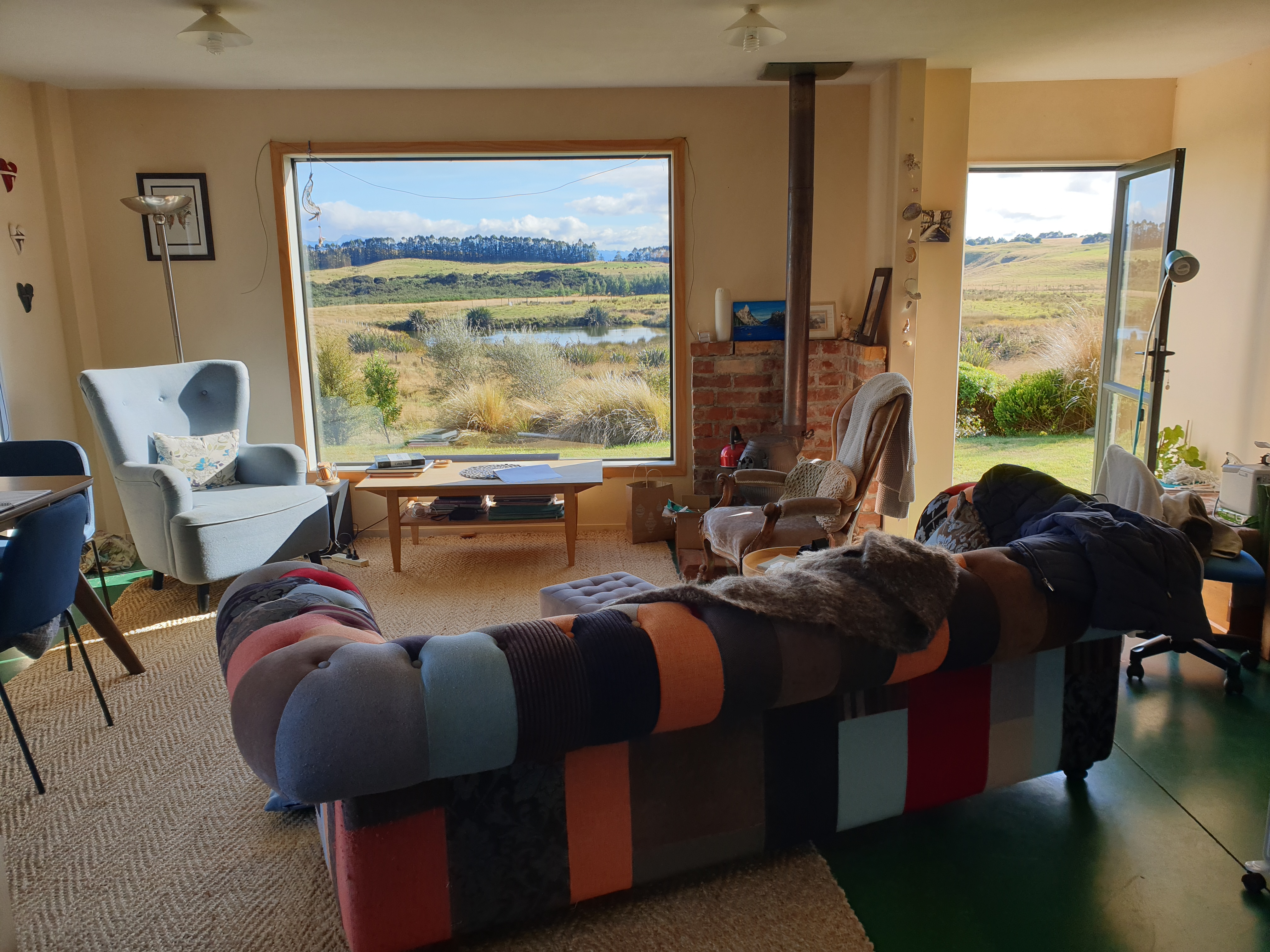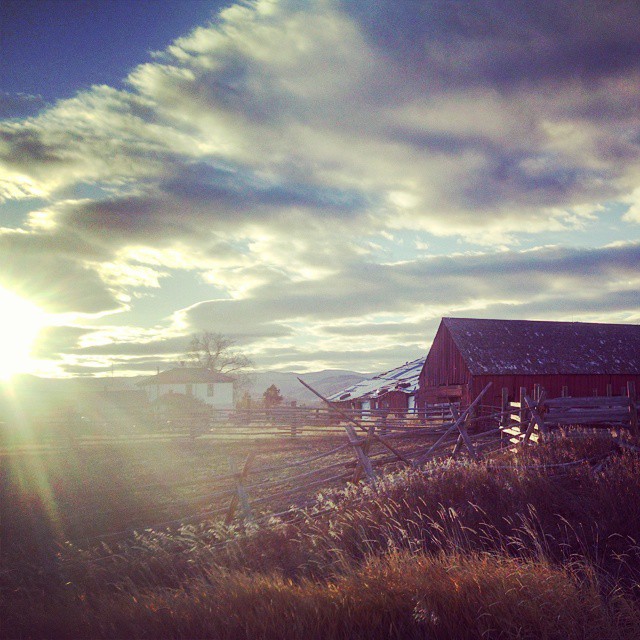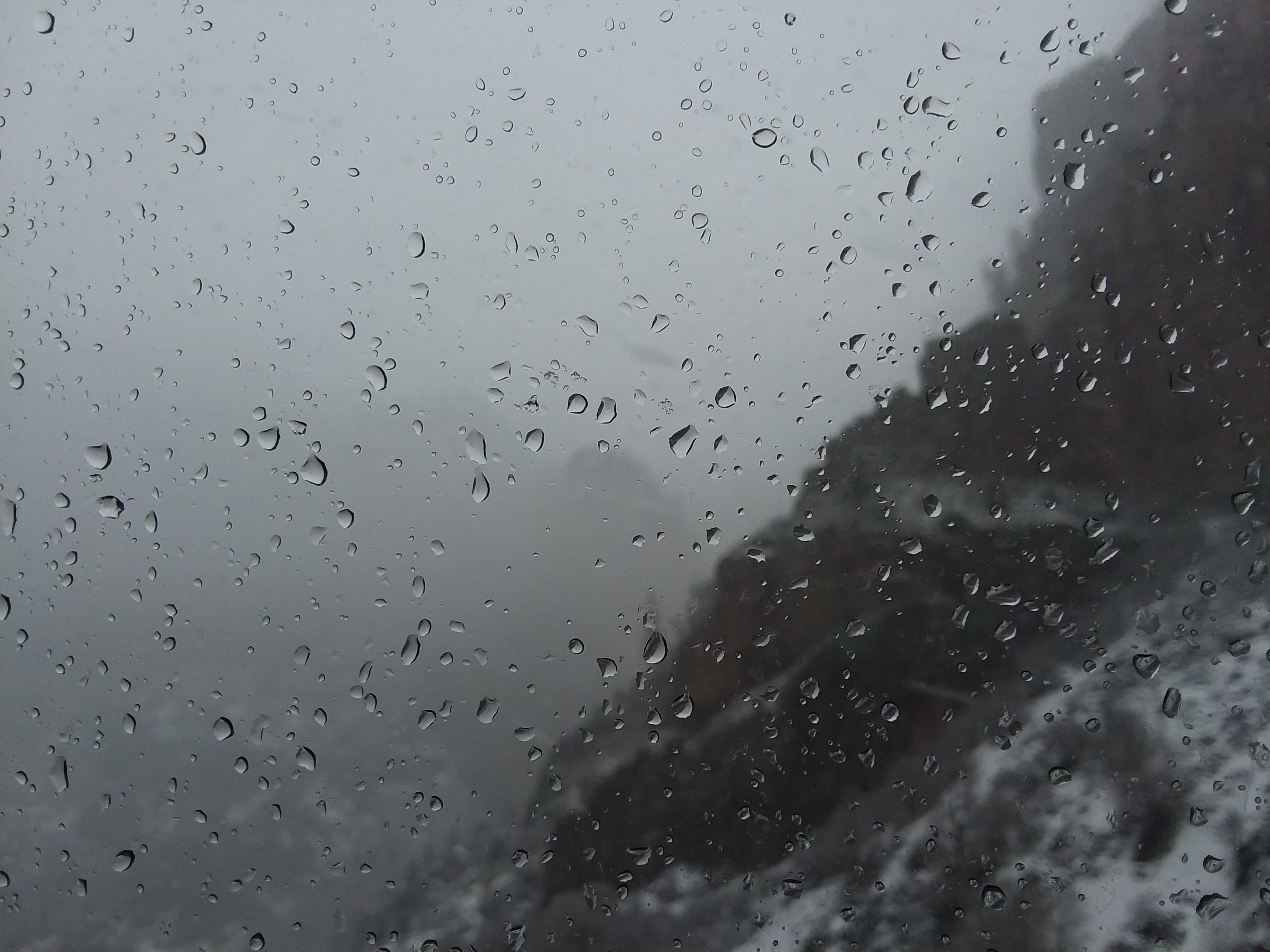
The night we finally arrived in Queenstown, I slipped on my shoes and went for a run, a thousand emotions exhaling out of me as I paused in solitude for the first time in 56 hours. I found the playlist I had prepared for exactly this moment, still stunned by what we had just done.
It was long after the girls’ bedtimes, but still light outside on this high summer evening in February at the bottom of the world. The charcoal peaks that towered over me were as familiar as my daughters’ shoulder blades.
Eliza had turned 3 somewhere in the 20 hours we were in the air between the hemispheres. Jessie, 4, the same age I was when my parents first took me on this flight, absorbed clouds, oceans and about a thousand episodes of Powerpuff Girls from a window seat. I searched her eyes, wondering what was unraveling and regrouping behind them, her mind a frontier to me. John snored softly across the aisle, probably dreaming of the Aparima, the Mataura, the Borland Valley. Summer waters he would be returning to, all these ribbons of rivers on maps that had been spread out over our dining room table for months, as snow blanketed the pines outside.
The worst winter in a decade was behind us in Montana. Our taxes were filed. The layers of bacon grease that had encircled the stove of our 100-year-old house were scoured out. Our couches were steam-cleaned. Mail was rerouted. Extensive notes on every possible pipe freezing scenario was written out for the nurses from Florida who would be staying for the three months we were gone. Keys, important documents and our dog, were all distributed to friends and neighbors. Car registrations were renewed. Invoices sent. Checks collected and deposited. Bills paid. Numbers crunched. We would make it, but barely. I made lattes, flipped breakfast sandwiches and frosted donuts in the mornings leading up to our departure; poured wine and carried prime rib and breadboards to tables on Christmas eve and New Year’s Eve. I would lay awake at 2 a.m. and stare at the ceiling. Please please please let this not be the winter our roof needs replacing.
Tonight, thousands of miles away, the haunted waters of the Wakatipu surge and recede over the rocks below me, like a heartbeat, so many of my old selves somewhere down there. More than two decades of old selves. The melancholy of this place laps at my feet, inviting me to shapeshift myself into every person I’ve been, running this same path, swimming in those stormy waters below. Me at 23, me at 28, at 32, at 42. This part of the world is where all my biggest heartbreaks have happened.
A thought bubble as I begin a slow, gentle jog along the path. This is me at 47 – the lightest and most irreverent of all the selves, who intercedes.
It’s also the part of the world where you’ve paid the most in parking tickets.
Yes. I give in to this boring anchor of reason, my limbs waking up from hibernation.This is true.
You’ve also bought and sold more cars here than anywhere else. Signed your name on more rental leases.
The inventory of the ordinary continues.
You’ve renewed more drivers’ licenses, had more dentist appointments, post office boxes, optometrist visits, sat for more exams, paid more road tolls. You’ve painted more bedroom walls, written more headlines, acquired more library cards, fired up more barbecues, attended more weddings and funerals, collected more holiday pay, moved more furniture, changed more flat tires and paid more taxes than anywhere else you’ve lived.
I always think of this place as the home of where I’ve had my highest highs and my lowest lows. But I forget: This was also just the backdrop to a life. Heartbreak is inevitable. Even the last heartbreak six years before as a visitor introducing her new husband to this landscape – that heartbreak to eviscerate all other heartbreaks – feeling pieces of that brief life inside me leaving my body as I swam in the Wakatipu that afternoon, doing breaststrokes towards these same peaks, tears and blood trailing me, as John cast in nearby rivers, grieving on his own.
I pause. It is completely night now and the waterfront bars pulsate with light and music.
I can feel this net of forgiveness being thrown back behind me, spreading out over the years. I want to press my forehead against my 23-year-old self, like I do my daughters, when they crawl into bed with us after a nightmare. What a spectacular place to pay a parking ticket.
The days ahead here are empty. No taxes to file, wine to pour, floors to scour. There is nothing to do now, but surrender to the plane tickets we’ve already paid for, lease agreements we’ve signed our names to, car rental contracts sealed in the glove compartment. I feel the rush of adrenaline of having just done something irreversible.
All the hours, the maps of rivers, the roads to take a sharp left on, the cafes to go get flat whites and sausage rolls in tomorrow morning are ours, I realize, as I plod along back in the dark to where John and the girls are sleeping, wave machines going, phones charging, suitcases open, swimsuits lined up on top, like a promise. What if everything in the next three months actually works out?
There’s nothing to do but go back to them, crawl in between all the limbs, sleep hard for as long as we need to. Get up, put sandals on, sit in the sun with a coffee, buy a punnet of apricots and be in this summer where our feet are. I don’t want to stop being stunned by what we’ve just returned to.
